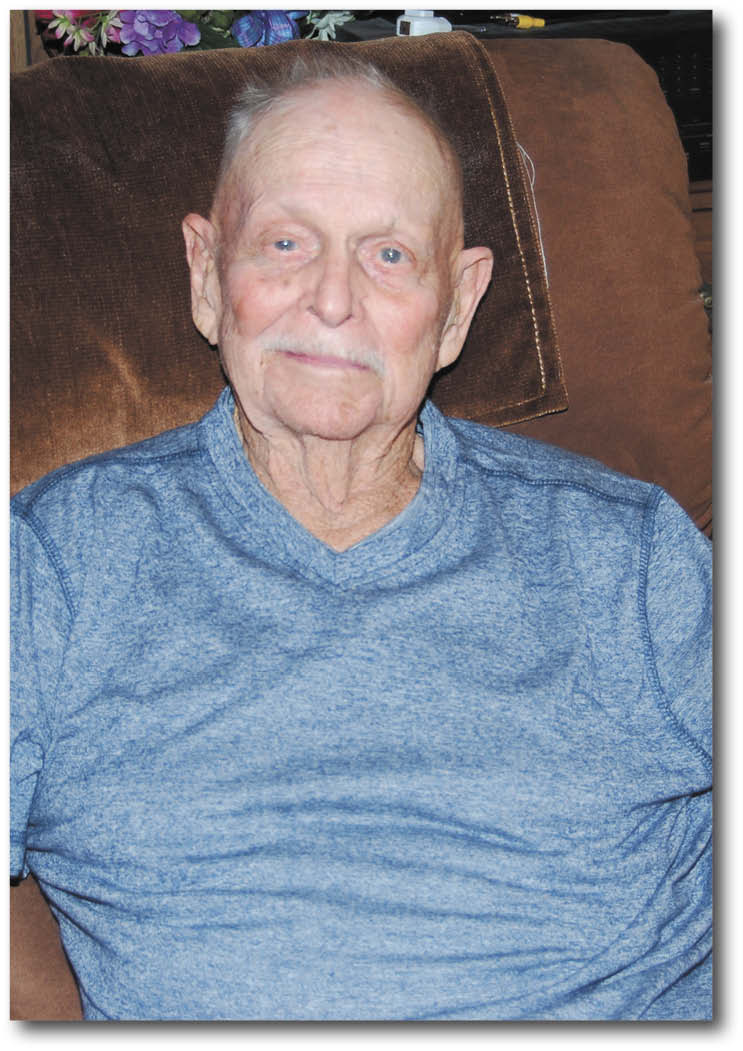The Woosung prison camp was made up of seven flimsy wooden barracks surrounded by barbed wire, an electric fence and four manned guard towers. There was no heat, no fresh water or plumbing. The men slept on wooden pallets. In the winter when temperatures got as low as the 20s, “you had to cuddle up with a couple of other guys to stay warm,” said Mic.
For the first few months the prisoners were given a starvation diet. Mic described the meal as a vegetable soup type dish consisting of mostly a light broth with some vegetables; they were served rice with wood chips and pebbles in it and tea. The green tea was a blessing as the prisoners were warned not to drink the water from the well without boiling it due to contamination. Occasionally they received some meat or fish but protein in their diet was rare. The Japanese commissary only prepared enough food for 300 men although there were 1,500 prisoners. The POWs received a diet of 500 to 600 calories a day. Most of the prisoners lost an average of 60 pounds during their stay in this camp. Mic was one of them. He weighed 165 pounds when he was captured but got down to 107 pounds.
The starvation diet, along with the poor sanitation, cold and cramped quarters led to the prisoners suffering from many diseases including dysentery, pellagra, constipation, and malaria.
“Everybody got malaria,” said Mic.
Many died from malnutrition and disease, some from the brutality of a few of the guards. Mic said that many of the civilian workers were in their 50s and 60s. They had a harder time than the young men. Woosung “was the worst” of the prison camps that Mic would experience.
The brutality and mistreatment of the POWs was partly a result of the military culture and Bushido the code of the samurai warrior. The Japanese soldier was taught that one accepted death before dishonor or defeat. Total obedience to the Emperor and their commanding officers was instilled in the Japanese soldier. Because the Americans had surrendered they were considered cowards and inferior. Their lives were meaningless and at the mercy and power of their captors. Mercy was considered a weakness in a warrior.
Although some of the guards were indifferent towards the prisoners, most of them treated the POWs harshly. The slapping and striking of prisoners was common. Many prisoners received beatings for minor rule violations. Mic said he was beaten a few times. One Japanese became known as the “Beast of the East” for his sadistic treatment of the POWs. His name was Isamu Isihara. He was a civilian interpreter who insisted on being treated as an officer and saluted by the prisoners. He was known to fly into a rage without warning or reason and strike prisoners with a leather riding crop that contained a leaded handle. Isihara was later tried for war crimes and imprisoned.
Colonel Yuse was the camp commandant. He was known for his violent temper. He organized the prisoners into 10 man shooting squads. It was explained to the prisoners that if one man from the squad escaped, the other nine would be executed. Yuse died in March 1942 and was replaced by Colonel Otera. Otera, upon discovering a hole in a 100 pound bag of sugar and some sugar missing, ordered that all prisoners in the camp go without food for 72 hours.
Back in the United States, the families of the civilian workers did not know if their husbands, fathers or sons were still alive. They had heard about the battle of Wake Island but had not heard from them since December 1941. The dependents of the civilian workers now prisoners were also suffering as they no longer received the income from their providers. As the prisoners were no longer working, their pay stopped.
Mic and the other prisoners were finally allowed to write and receive letters at the end of May 1942. They were forced to salute the Beast of the East to receive their mail which took three to four months to get to them. Mic wrote his first letter home on May 30, 1942. He said he wrote and received over a dozen letters. He was lucky he said as some men never received any letters. The letters to and from the prisoners were censored by the Japanese and packages sent by family were pilfered by the guards especially if they contained food.
After nearly a year at Woosung, the prisoners were moved to another camp, Kiang Wang.
If you missed the first parts of this story, go online to read them.
Mic Johnson: POW and American Hero http://bit.ly/1Z6Qhqe
Mic Johnson and the Voyage of the Nitta Maru http://bit.ly/1R9abLa


